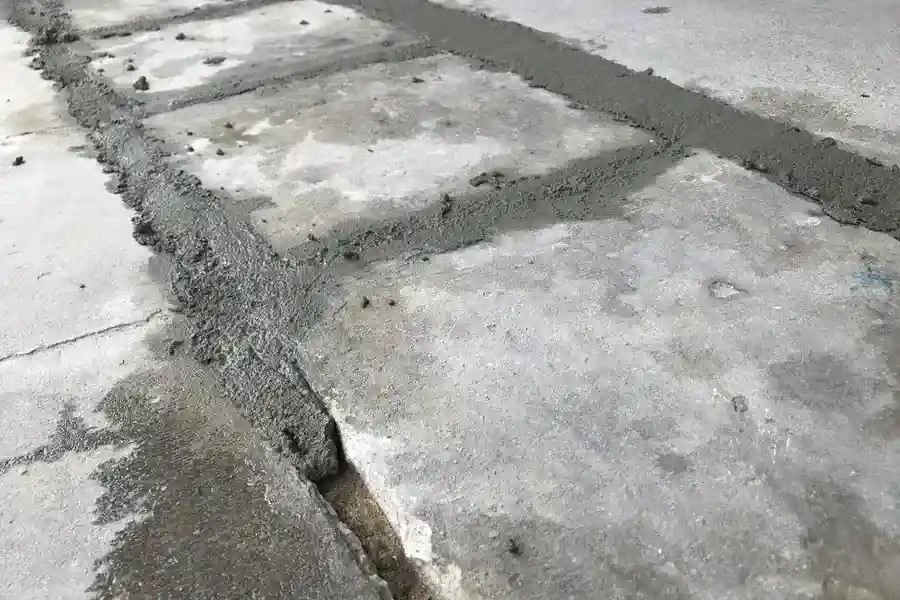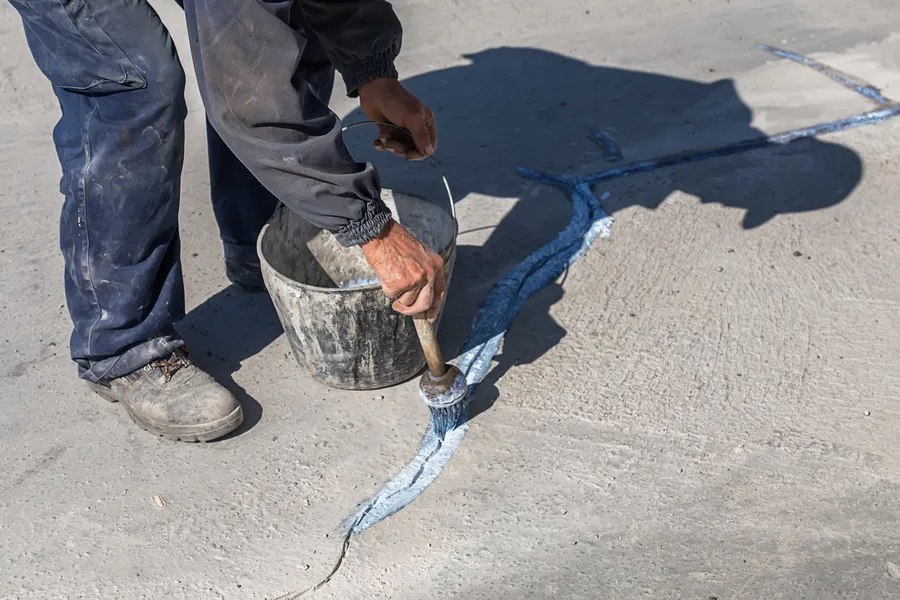The Effects of Climate on Concrete’s Condition
The weather plays a crucial role in the integrity of concrete structures. It can significantly speed up wear and tear, leading to costly repairs if not managed properly. Understanding how different weather conditions affect concrete is essential for maintaining safe and durable structures. By paying attention to these effects, property owners can plan timely maintenance and reduce the risk of structural damage.

Fluctuating Temperatures and Their Impact
Temperature changes are one of the primary reasons concrete needs repair. When temperatures drop, water inside concrete can freeze and expand, causing cracks and surface damage. Conversely, high temperatures can lead to increased evaporation, weakening the structure. Both scenarios necessitate regular concrete repair to prevent further deterioration and maintain safety.
Rainfall’s Role in Deterioration
Heavy rainfall and exposure to moisture can degrade concrete over time. Water seeping into the material can cause erosion and chemical reactions that weaken its structure. This situation often requires prompt concrete repair to address any emerging issues before they escalate into more serious problems.

The Effect of Snow and Ice
Snow and ice present unique challenges for concrete surfaces. The continual cycle of freezing and thawing leads to expansion and contraction within the material. This process results in significant cracking and surface damage unless preventive measures are taken. Regular inspection and repair help mitigate these effects, extending the lifespan of concrete surfaces.
Wind Erosion Concerns
Strong winds can also be detrimental to concrete structures. Windborne debris may chip away at exposed surfaces, causing gradual wear and compromising structural integrity. In areas prone to high winds, protective barriers and coatings can minimize damage, but regular upkeep remains necessary.
Sunlight Exposure Complications
Constant exposure to sunlight can lead to a specific set of issues for concrete. UV rays contribute to surface degradation, reducing strength over time. Furthermore, thermal expansion from sun exposure leads to additional stress on the material. Applying protective sealants can help combat these effects, preserving the concrete’s condition.
Preventive Maintenance Strategies
To combat weather-induced damages effectively, consider implementing strategic maintenance plans:
- Conduct regular inspections to identify early signs of damage
- Apply sealants to protect against moisture and UV rays
- Address minor cracks promptly with professional repair services
- Implement drainage solutions to manage water runoff
- Use de-icing agents carefully to avoid harming concrete surfaces
Cost Considerations for Upkeep
The cost of maintaining concrete depends on various factors like location, severity of weather impacts, and extent of existing damage. Investing in periodic maintenance can save significant expenses related to major repairs or replacements. Prioritizing quality materials and skilled workmanship ensures better protection against climate-related wear.
Your Partner in Longevity With Quality Concrete Services
Maintaining the durability of your concrete structures is critical for ensuring safety and longevity. At ARH Concrete LLC, we specialize in providing expert solutions tailored to withstand varying weather conditions. Based in Elmendorf, TX, our dedicated team offers comprehensive services designed to meet your repair needs efficiently. Contact us today at (210) 523-9837 for reliable assistance in preserving your valuable investments.